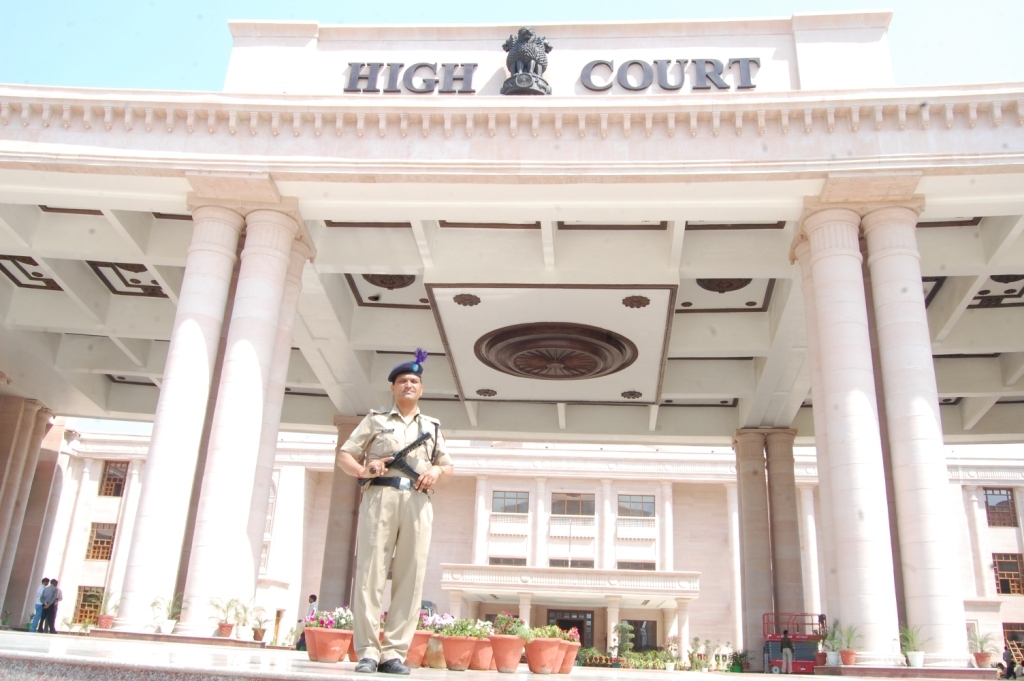Prayagraj (UP), Jan 10 (IANS) The Allahabad High Court has flagged the lack of assistance from the standing counsel, representing the Uttar Pradesh government, and asked the state as well as the Advocate General to explain how they propose to address the situation.
Justice Abdul Moin said that the court has been repeatedly observing that despite various opportunities, the standing counsel has “miserably failed” to assist the court on the legal points that are raised by the litigants.
“This aspect of the matter cannot be ignored by this court more particularly when repeatedly time has been granted to the learned standing counsel to pull up their socks and address the court on the legal point as are repeatedly being urged by the counsel who appear on behalf of the petitioner. This court is constrained and pained to observe that no assistance is rendered by the learned standing counsel,” the bench remarked.
Accordingly, the court ordered that a copy of the order be sent to Principal Secretary (Law & Remembrancer) and Advocate General for their views “as to how this issue of non-assistance by the learned standing counsel is sought to be addressed”.
The court warned that if the personal affidavit by the Principal Secretary (Law & Remembrancer), containing the views of Advocate General also, is not placed before it by January 24, it may be compelled to summon them.
The order was passed by the court on a petition challenging an order passed by the prescribed authority in an election petition under the Uttar Pradesh Panchayat Raj Act.
The counsel representing the petitioner had placed reliance on an earlier ruling of the court to argue that it has been held that prescribed authority becomes functus officio (officer with no further official authority) after decision in the election petition.
With regard to the order under challenge, it was submitted that the authority thus could not have ordered recounting of votes after deciding the election petition.
However, the counsel representing the state and the authority which passed the order in question, challenged the maintainability of the plea and argued that petitioner can file a revision before the District Judge.
Taking note of the precedent cited by the petitioner, the court observed that order under challenge, prima facie, was not in accordance with law and beyond the jurisdiction of the authority.
“Thus, the remedy of revision can also not be considered to be a bar in entertaining the present petition more particularly when the order impugned is itself beyond the jurisdiction of the prescribed authority,” it added.
Considering the same, the court stayed the order under challenge and issued notice to the state.
In the same order dated January 8, the court also observed that no assistance was rendered by the standing counsel in response to the petition. It noted that the counsel had initially sought time to seek instructions on the legal point.

